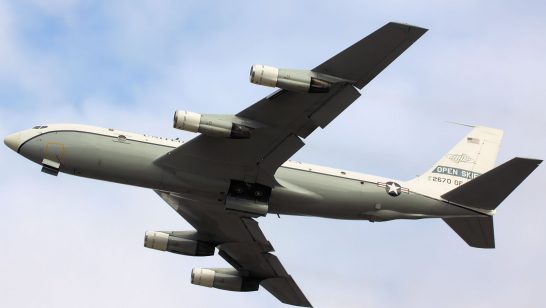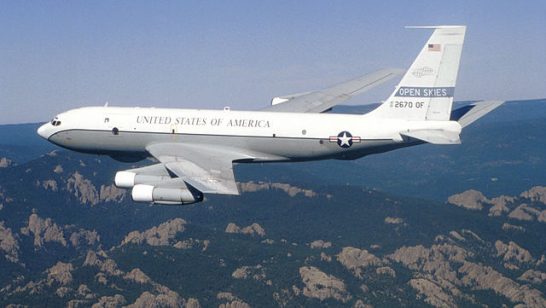
The United States is scheduled to withdraw from the Open Skies Treaty on November 22 2020, against the wishes of a majority in Congress and on a questionable legal basis.
In this policy intervention, Peter Jones calls for other Treaty members to agree amongst themselves to stop the clock on the U.S. withdrawal at just before midnight on November 21. They would “re-start” the clock after the Biden Administration takes office and signals a desire to remain in the Treaty.
For nearly two decades, the Open Skies Treaty has allowed its members to conduct observation flights over each other’s air space, designed to increase transparency, build trust, and enhance mutual understanding between Russia and the West.
The opinions articulated above represent the views of the author, and do not necessarily reflect the position of the European Leadership Network (ELN) or any of the ELN’s members. The ELN’s aim is to encourage debates that will help develop Europe’s capacity to address pressing foreign, defence, and security challenges.
Image: Wikimedia, A USAF Boeing OC-135B Open Skies


